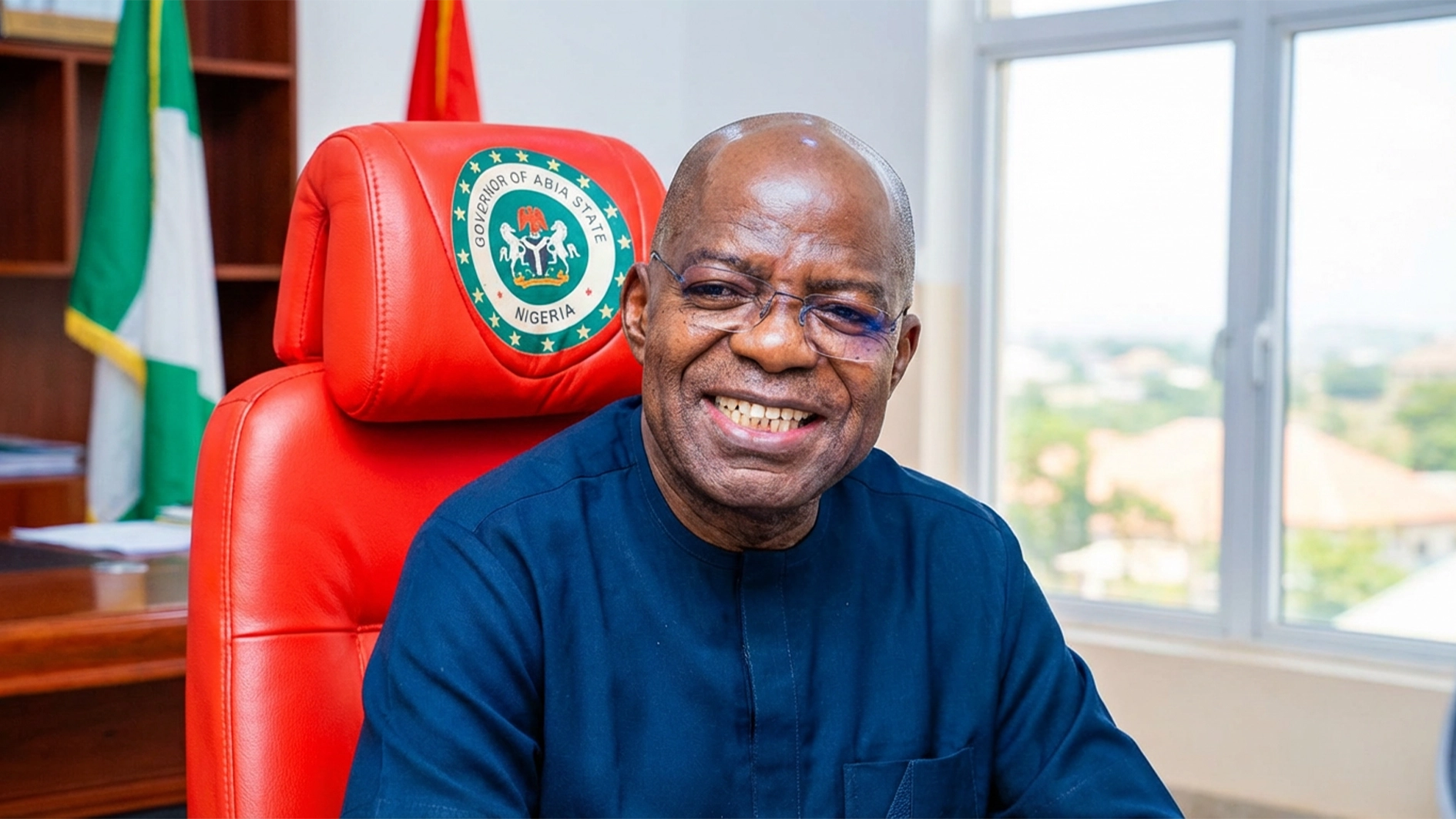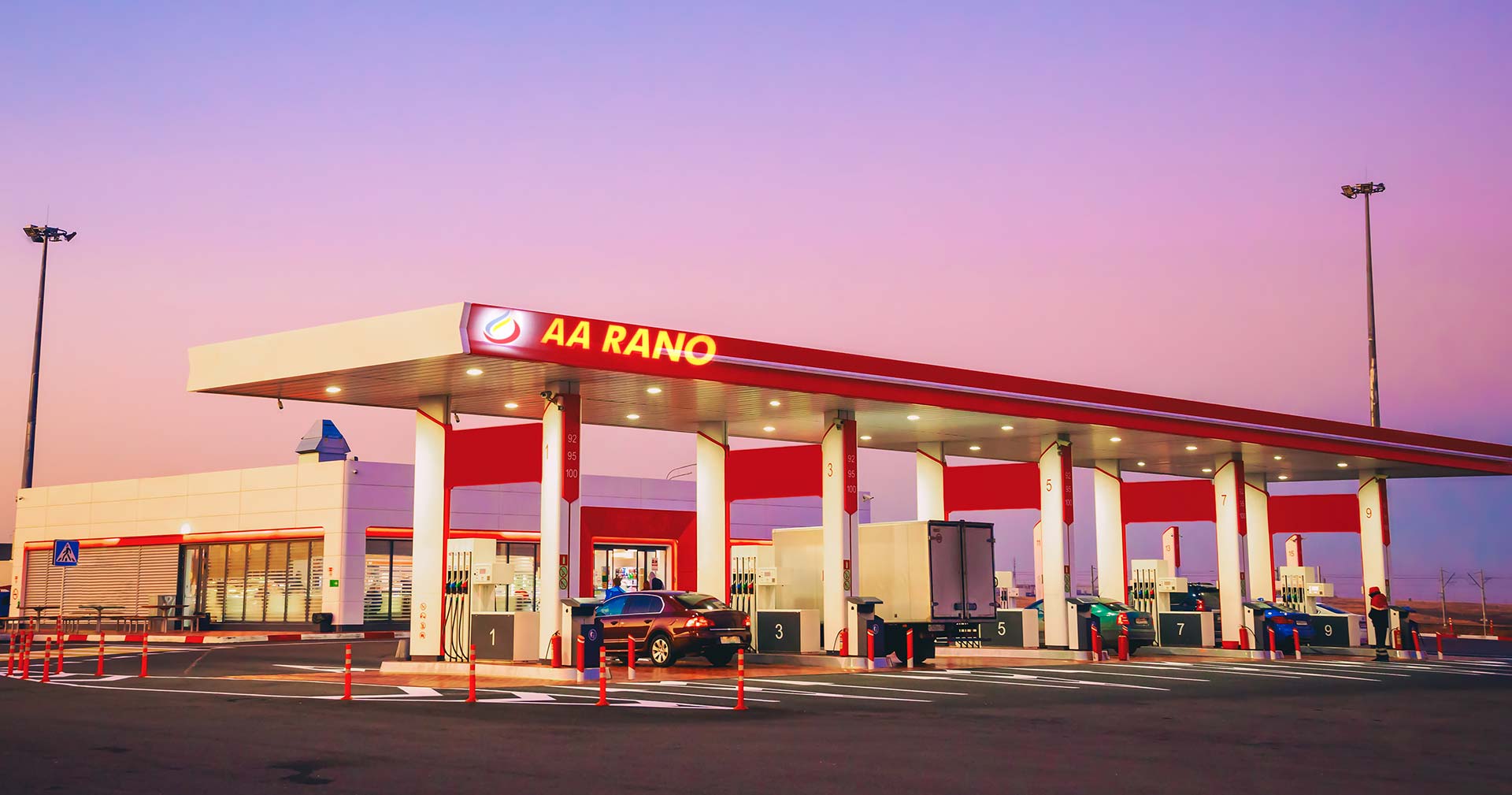
Human rights lawyer Femi Falana has revealed that former President Umaru Yar’Adua stopped the sale of the Port Harcourt and Kaduna refineries because
his predecessor, Olusegun Obasanjo, did not follow due process.
According to Falana, a consortium led by Dangote Oil had offered to buy the Port Harcourt and Kaduna refineries but the late Yar’Adua opted against selling the national assets.
On Thursday, Obasanjo noted that Aliko Dangote in 2007 had offered $750 million to operate the refineries under a public-private partnership agreement, but the money was returned by his successor, who claimed that the Nigerian National Petroleum Company Limited (NNPCL) wanted to run the assets.
Speaking on a Channels TV programme, Obasanjo referred to the return of the refineries using a Yoruba proverb: “The man who claims to have planted 200 heaps of yam but only planted 100 will harvest 100 heaps of yam and 100 heaps of lies.”
Obasanjo also said in the interview that he had plans to address the challenges faced by the Port Harcourt, Warri, and Kaduna refineries during his presidency.
However, reacting in a statement on Friday, Falana said Obasanjo had sold a 51 percent stake in the Port Harcourt refinery to Bluestar Oil for a fee of $561 million.
Falana said that Bluestar Oil was a consortium comprising Dangote Oil, Zenon Oil, and Transcorp, stating that Yar’Adua believed the deal was not in the nation’s best interest and did not follow due process.
“Under the Privatisation and Commercialisation Act, the Vice President is the chairman of the National Council on Privatisation (NCP), a body that is charged with overseeing the privatisation and commercialisation of public enterprises,” Falana said.
“In utter breach of the Act, President Olusegun Obasanjo sidelined Vice President Atiku Abubakar and took over the privatisation of a number of public enterprises.
“On May 28, 2007, in a similar transaction, 51% of Kaduna Refinery was sold to Bluestar Oil for $160 million. Before the deal, President Obasanjo had acquired large shares in Transcorp through ‘blind trust’.
“Many interest groups in the country questioned the legal validity and moral propriety of the sales as they were consummated in the last days of the Obasanjo Administration.
“The two powerful trade unions in the oil industry —the National Union of Petroleum and Natural Gas Workers (NUPENG) and the Petroleum and Natural Gas Senior Staff Association of Nigeria (PENGASSAN) kicked against the privatisation of the two refineries on grounds of conflict of interest and lack of due process.”
According to Falana, they also alleged that the nation had been shortchanged as the shares acquired in the Port Harcourt refinery for $516m were worth US$5 billion.
Falana explained that the deal was not in national interest, which led to the unions opting to go on a four-day strike.
“Convinced that the deals were not in the national interest, both unions proceeded on a 4-day strike that almost paralysed the Nigerian economy in June 2007.
“The strike was called off based on the assurance of the federal government to the effect that the deals would be fully investigated.
“Upon the conclusion of the investigation by the federal government, the purported privatisation of the Port Harcourt and Kaduna refineries was cancelled by President Umaru Yar’adua.
“It is on record that the cancellation of the privatisation was not challenged in any court as it was carried out contrary to the letter and spirit of the Privatisation and Commercialisation Act.”






